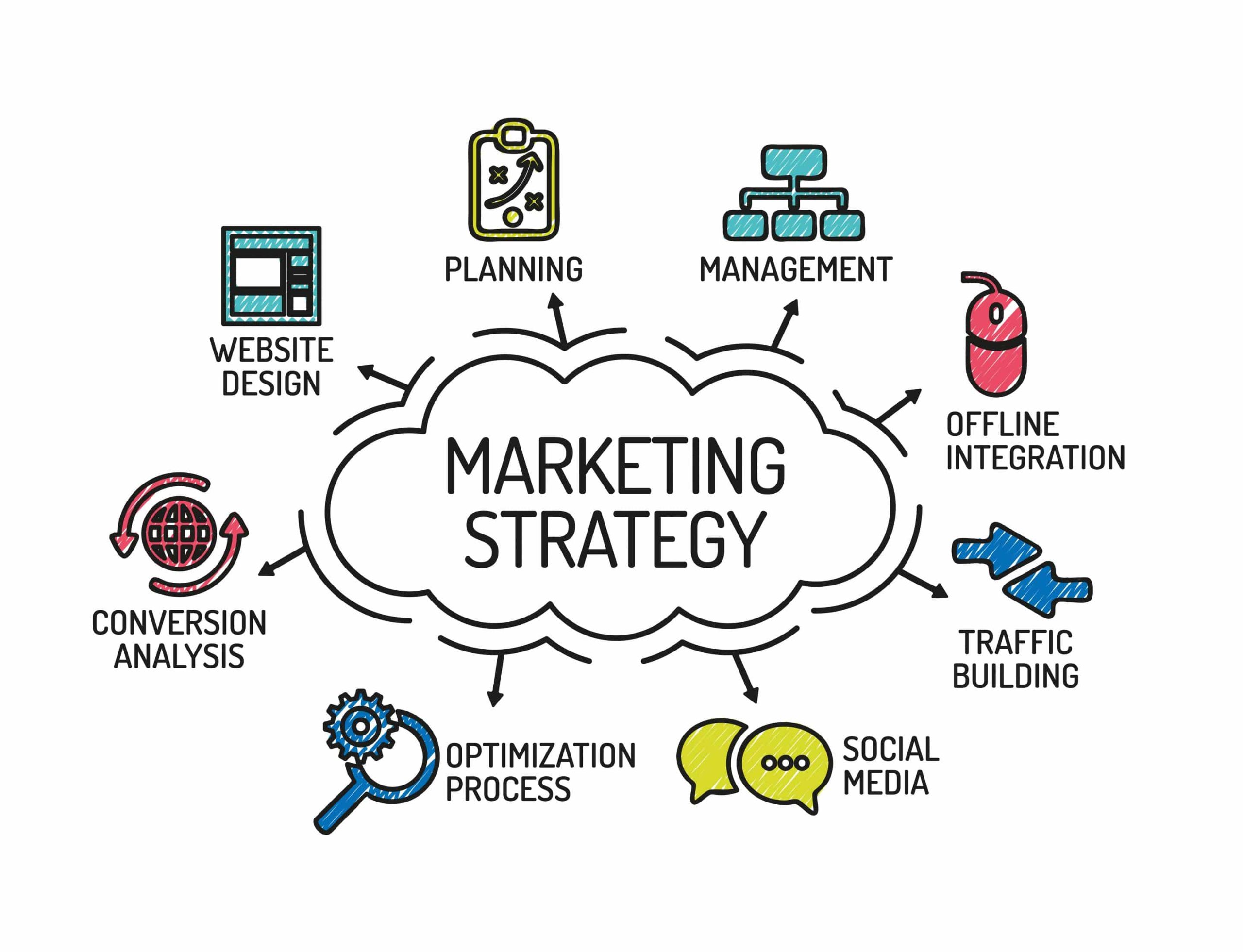Marketing is the process of creating value for a product or service and then exchanging that value for something of equal value, typically money. It involves understanding your target audience, developing a compelling message, and choosing the right channels to reach them.
Key Components of Marketing
- Market Research: Understanding your target audience, their needs, and their preferences.
- Product Development: Creating products or services that meet the needs and desires of your target market.
- Pricing: Determining the appropriate price for your product or service.
- Promotion: Creating awareness and interest in your product or service through various channels.
- Distribution: Ensuring your product or service reaches your target market.
Marketing Strategies
- Digital Marketing: Utilizing online channels such as search engines, social media, email marketing, and content marketing to reach your target audience.
- Traditional Marketing: Using traditional channels such as print advertising, radio, television, and billboards.
- Public Relations: Building positive relationships with the media and public.
- Guerilla Marketing: Using unconventional and often low-cost marketing tactics to create buzz and attention.
- Personal Selling: Directly interacting with potential customers to persuade them to buy.
The Importance of Marketing
- Brand Awareness: Marketing helps to build brand recognition and awareness.
- Customer Acquisition: It attracts new customers and drives sales.
- Customer Loyalty: Effective marketing can foster customer loyalty and repeat business.
- Competitive Advantage: Marketing can help businesses differentiate themselves from competitors and gain a competitive edge.
In today’s competitive marketplace, effective marketing is essential for businesses to succeed. By understanding your target audience, developing a compelling message, and choosing the right channels, you can build a strong brand and drive sales.










+ There are no comments
Add yours